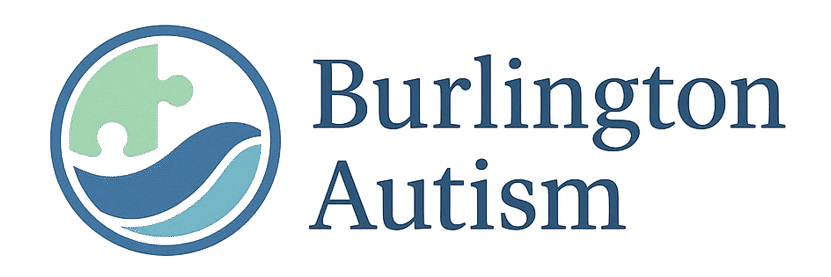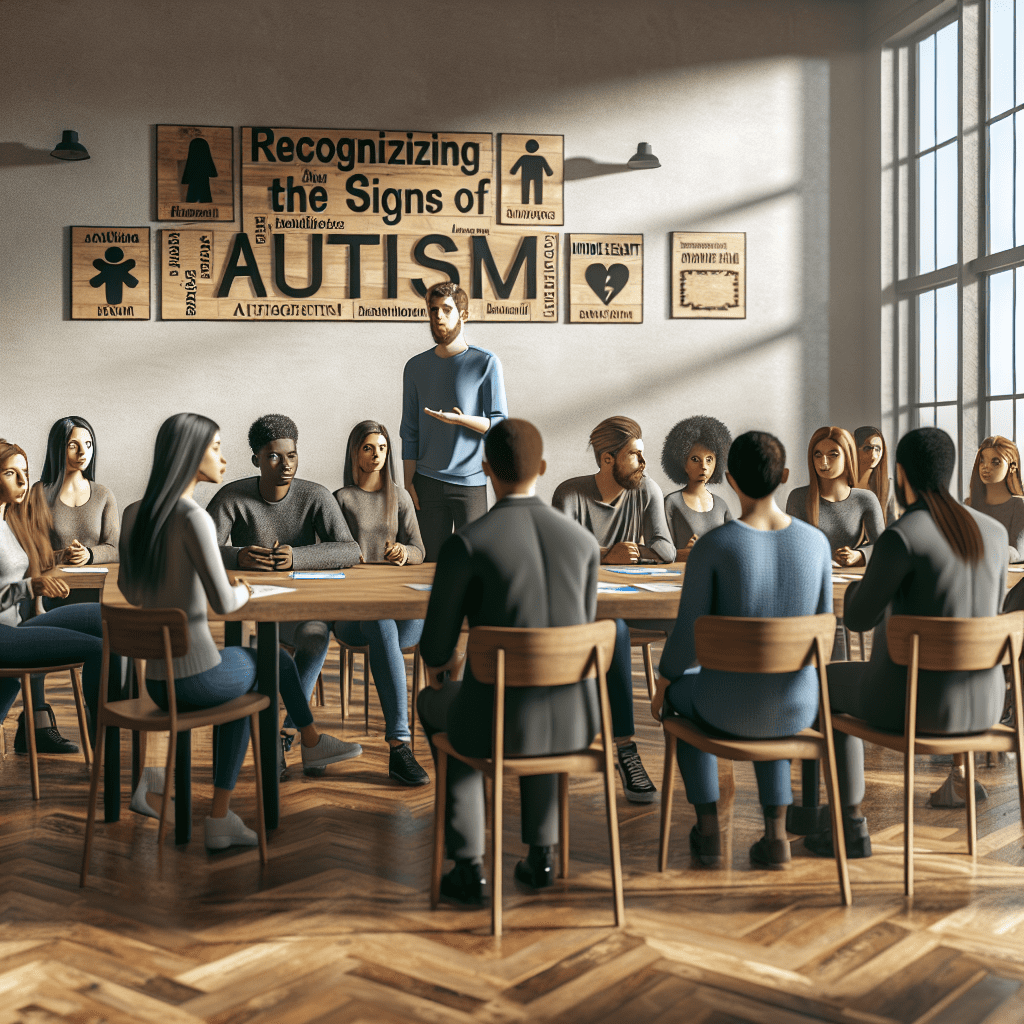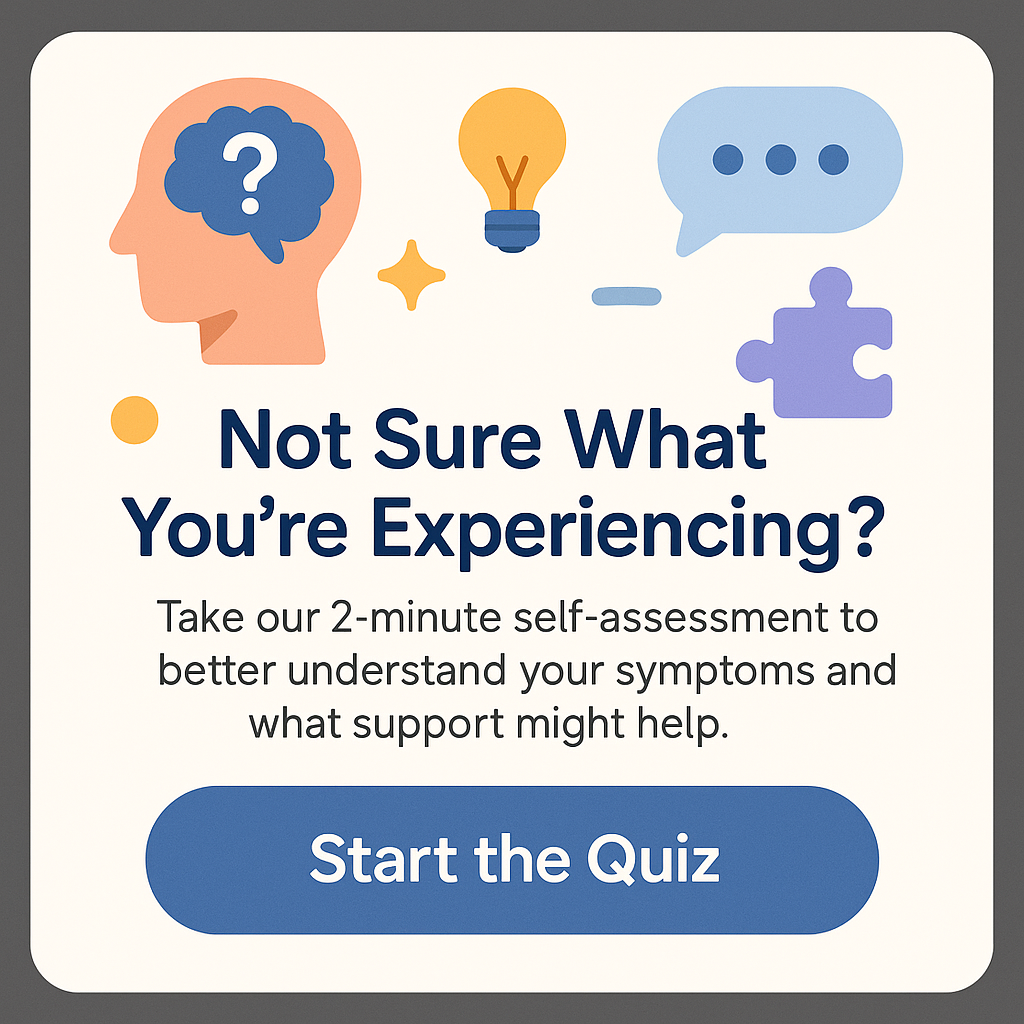How to Tell if Someone Has Autism? A Comprehensive Guide
Understanding how to tell if someone has autism can be a vital skill in our diverse world. Many individuals may not readily display recognizable signs or behaviors, making it crucial to engage with this topic thoughtfully. Autism spectrum disorder (ASD) is not a singular condition but a spectrum of symptoms that vary in type and severity. Often, those with autism exhibit unique patterns of communication, behavior, and interests. In this article, we’ll explore the various signs associated with autism, ways to identify them, and what steps to take if you suspect someone in your life may be on the autism spectrum. Whether you’re a concerned friend, family member, or educator, being informed can foster understanding and empathy.
Understanding Autism Spectrum Disorder
To effectively understand how to tell if someone has autism, it is essential to recognize what autism spectrum disorder (ASD) truly entails. Autism is a complex developmental condition that affects how individuals communicate and interact with others. Its effects can manifest in numerous ways, making it difficult to diagnose. The disorder presents on a spectrum, meaning that some individuals may experience severe challenges, while others may lead relatively independent lives.
Common features of autism include difficulty with social interactions, challenges in communication, and a tendency toward repetitive behaviors or restricted interests. These symptoms usually surface during the early developmental stages, often before the age of three. While every individual is unique, many will demonstrate a blend of the following key behaviors:
- Social Communication Challenges: Individuals may struggle with understanding social cues, such as tone of voice or body language. They often have difficulty winning and maintaining friendships.
- Repetitive Behaviors: This can include a strong attachment to routines, performing specific actions repeatedly, or focusing intensely on particular subjects or objects.
- Preference for Solitude: Some may show a preference for solitary play or activities and might find social situations overwhelming.
- Speech Development Delays: Delayed speech or unusual conversational patterns can indicate challenges with verbal communication.
Identifying these characteristics can help when learning how to tell if someone has autism. However, it’s important to remember that autism exists on a spectrum, and the presence or severity of symptoms can vary widely from person to person.
Identifying Signs of Autism in Adults
While much has been discussed regarding children with Autism, understanding how to tell if someone has autism in adults is equally important. Adults with autism may exhibit different behaviors than their younger counterparts. Often, these individuals have learned coping mechanisms over the years but may still have noticeable traits associated with the condition. Here are a few common signs indicative of autism in adults:
- Difficulty with Social Interactions: Adults with autism may experience challenges in forming and maintaining friendships. They may struggle with the nuances of conversation, such as understanding humor or sarcasm.
- Unusual Interests: Many adults on the spectrum have deep, specialized interests. While this can lead to meltdowns when conflicts occur in routine, it often allows for profound knowledge in their preferred areas.
- Rigid Thinking Patterns: Problems can arise when a preference is not respected or changing circumstances disrupt established routines.
- High Sensitivity: Some adults experience heightened sensitivities to sensory stimuli. This might manifest through aversions to certain sounds, textures, or lights.
Since autism can present quite differently in adults than in children, understanding these behaviors is crucial for anyone wondering how to tell if someone has autism. Consulting with professionals for evaluation and diagnosis may be beneficial, especially if these signs impact one’s daily life.
How to Approach Someone Suspected of Having Autism
If you suspect someone may be on the autism spectrum, knowing how to approach the subject is key. Discussing autism can be sensitive, so it’s important to approach it with compassion and openness. Here are several strategies for effectively addressing your concerns:
1. Educate Yourself on Autism
By equipping yourself with knowledge about autism and the various presentations of it, you can hold informed and constructive conversations. Learning about the unique experiences of those on the autism spectrum and understanding what they may feel will strengthen your approach. Empathy goes a long way when executing how to tell if someone has autism.
2. Create a Safe Space for Discussion
It’s crucial to foster a supportive environment where the person feels safe and comfortable sharing their thoughts and feelings. Let them know that your concern reflects genuine care for their well-being and mental health. During discussions, listen actively and validate their experiences, creating a genuine dialogue.
3. Make Observations, Not Judgments
Instead of labeling someone as “different” or “weird,” focus on specific behaviors that concern you. Detail your observations in a constructive manner and ask leading questions that provide them space for their responses. For example, instead of saying, “You don’t like social gatherings because you have anxiety,” try asking, “I noticed you seem uncomfortable in social environments. Is that something you experience?” This helps remove stigma and encourages self-expression.
4. Suggest a Professional Evaluation
After establishing an understanding dialogue, you may gently suggest that they consider seeking a professional evaluation if they resonate with what you’ve discussed. Notify them that a diagnosis can lead to further support and enable them to understand their experiences better.
5. Offer Continued Support
Regardless of their decision, make sure to keep the door open for future conversations and offer your continued support. Often, it takes time for individuals to process and accept what they are experiencing, and knowing they have an ally can be incredibly helpful.
Understanding how to tell if someone has autism serves as not just a way to recognize symptoms, but as a journey toward empathy and knowledge. Enhancing awareness can transform lives, whether it’s your own or someone you care for.
When to Seek Professional Help
If you notice consistent signs indicating autism in yourself or someone close to you, seeking professional help is the next important step. Understanding how to tell if someone has autism also involves recognizing the following indicators that suggest it’s time to consult a healthcare professional:
- Communication Barriers: If you find it challenging to communicate thoughts and feelings effectively, and this leads to conflicts in relationships, professional assessment can help identify underlying causes.
- Struggles with Daily Functioning: When day-to-day tasks prove challenging due to symptoms, like sensory overload or difficulty understanding social cues, a professional can aid in developing coping strategies.
- Emotional Dysregulation: Difficulties with managing emotions, often resulting in unanticipated outbursts or withdrawal, may warrant an evaluation.
- Unfulfilled Potential: If passions and interests are not harnessed effectively due to challenges associated with autism, guidance may help individuals unlock their true capabilities.
Consulting a qualified healthcare professional can lead to beneficial outcomes, as they can conduct assessments to provide proper diagnosis and potential intervention strategies. Remember that an early assessment can lead to better outcomes and pave the way for an empowered life.
Conclusion
Identifying signs of autism is crucial in fostering understanding and compassion in our diverse society. Knowing how to tell if someone has autism not only enhances awareness but encourages supportive environments. Whether it’s through subtle social communication challenges, repetitive behaviors, or a deep fixation on specific interests, autism presents in various forms. It is essential to approach this topic with empathy and openness to create safe spaces for conversation and understanding.
If you believe someone may be on the autism spectrum, educative discussions, support, and gentle suggestions can help facilitate a professional evaluation, leading to further support and understanding. We are all individuals navigating life’s complexities, and understanding those with autism allows us to build richer, more inclusive communities.
Frequently Asked Questions
1. What are the primary signs of autism?
Common signs include difficulties in social interactions, communication challenges, repetitive behaviors, and a preference for routine.
2. Can adults have autism without being diagnosed in childhood?
Yes, many adults remain undiagnosed until later in life. They may struggle with symptoms but lack understanding or awareness of autism.
3. Is autism a mental illness?
Autism is not considered a mental illness; rather, it is a developmental disorder that affects social and communication skills.
4. How is autism diagnosed?
Diagnosis typically involves comprehensive evaluations by mental health professionals, including behavioral assessments and developmental history.
5. Can someone with autism lead a normal life?
Many individuals with autism can lead fulfilling and successful lives, often with support and intervention to navigate challenges related to the disorder.
How Much Does an Autism Diagnosis Cost in Canada?
Understanding Autism Funding BC: A Comprehensive Guide
How to Get Autism Diagnosis Ontario Adults – A Comprehensive Guide







